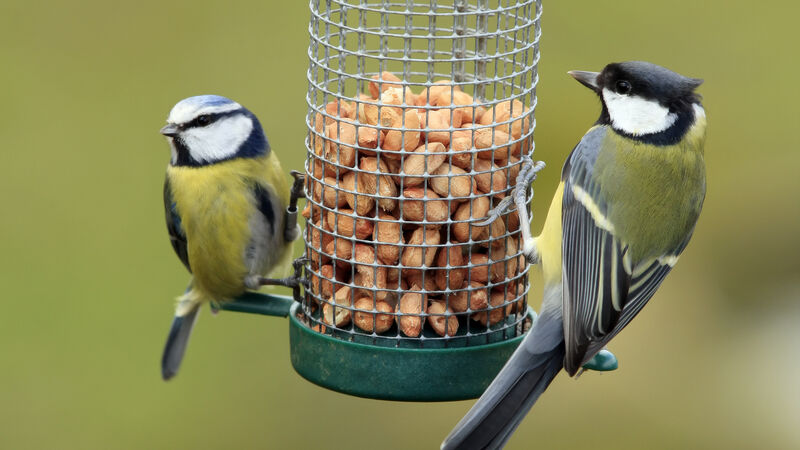Pet Corner: Caring for wild birds in your garden

Fat and suet balls and energy-rich seeds and grains like nyjer and sunflower are ideal for feeding birds. Picture: iSock
With a cold start to 2021, it might be a good idea to make a new year's resolution to care for the creatures you find outside your home, such as wild birds. The next few weeks will be difficult for our feathered friends in the garden, and our robins, sparrows, thrushes, blackbirds, and many more need a helping hand through the coldest months to find sources of food. Birds use a lot of energy gathering food in the cold weather and they need to consume a high amount of calories to survive in winter. The more they eat, the more likely it is that they will survive and see the spring.
To help them along the way, many people provide feeding options from their gardens, windowsills, and similar. Nesting boxes and feeding tables are some options and these should be positioned carefully away from predators such as cats and other pets. If you're wondering what is best to feed the birds, fruit and unsalted peanuts are fine for garden birds but Emily Miller of Petmania says higher-calorie foods would give birds a better chance of survival at winter.








